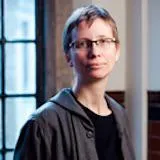It is with great pleasure that we welcome yet another outstanding cohort to the Academy’s Fellowship. The scope of research and expertise on display across our newly elected UK, Corresponding and Honorary Fellows shows the breadth and depth of knowledge and insight held by the British Academy and which we work hard to harness to help shape the world. I wholeheartedly congratulate each of our new Fellows on this achievement and look forward to working together.
Professor Julia Black, President of the British Academy
21 July 2023
King's researchers elected new Fellows of The British Academy
The British Academy has elected five new Fellows from King’s College London.
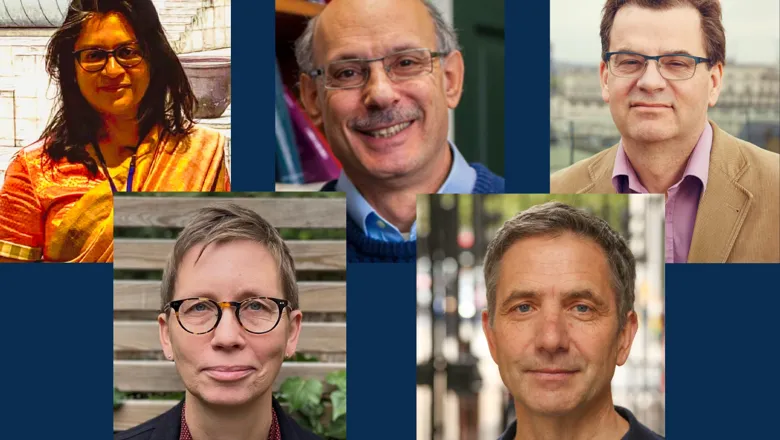
Founded in 1902, the British Academy is the UK’s national academy for the humanities and social sciences. It is a Fellowship of over 1,600 of the leading minds in these subjects from the UK and overseas.
Current Fellows include the classicist Professor Dame Mary Beard, the historian Professor Sir Simon Schama and philosopher Professor Baroness Onora O’Neill, while previous Fellows include Dame Frances Yates, Sir Winston Churchill, Seamus Heaney and Beatrice Webb. The Academy is also a funding body for research, nationally and internationally, and a forum for debate and engagement.
This year a total of 86 Fellows – 52 UK Fellows, 30 Corresponding Fellows and 4 Honorary Fellows – are nominated for election to the Fellowship. Of those, five new Fellows have been elected from King’s College London, in recognition of their contribution to the humanities and social sciences.
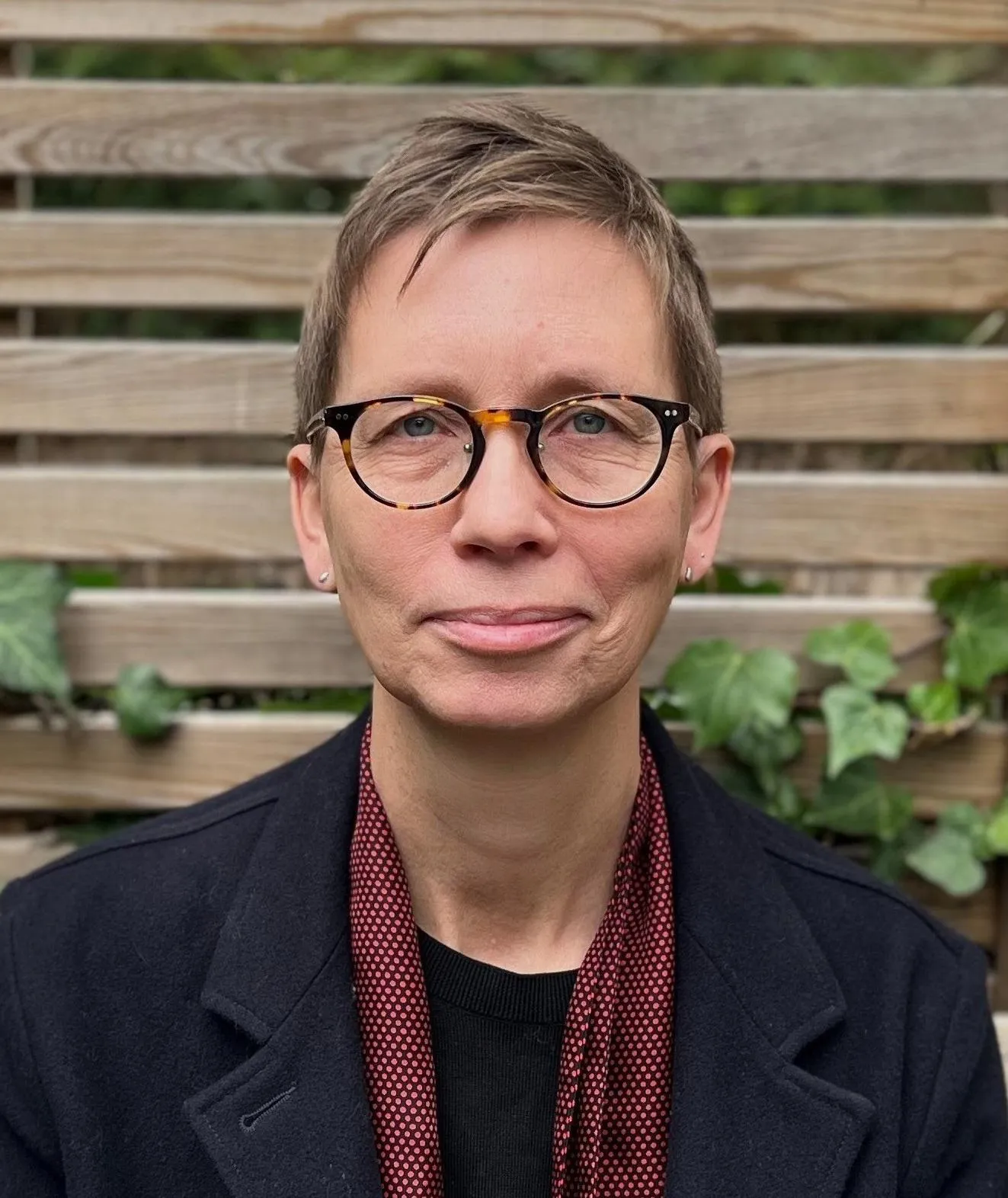
Professor Laura Gowing, Professor of Early Modern History
Professor Laura Gowing’s research interests centre on the history of women and gender in early modern England, with a particular focus on legal records as a source for women’s history. Her work has focused on language, touch, power, sex, the body, uses of the law, queer memory, and women’s work. Her most recent book is the award-winning Ingenious Trade: Women and Work in Seventeenth-Century London, which argues for the significance of women’s apprenticeship and skilled training in the early modern city. At King’s she is involved in the work of the Centre for Early Modern Studies and Queer at King’s.
Professor Gowing said: "I’m honoured to join this prestigious community of scholars and delighted at this recognition of feminist scholarship. I look forward to participating in the Academy’s work."

Professor Nicholas Harrison, Professor of French and Postcolonial Studies
Professor Nick Harrison teaches in the new Department of Languages, Literatures and Cultures. He taught at Cambridge and University College London (UCL) before moving to King’s, where he has been Professor of French and Postcolonial Studies since 2007. As a student he lived and worked in Tunis, Quebec and Paris, and much of his teaching and research centres on the French-speaking world outside France, especially Algeria, and the legacies of imperialism.
His most recent book is Our Civilizing Mission: The Lessons of Colonial Education (2019).
Professor Harrison said: "I was delighted to hear that I had been elected. The British Academy plays a really important role nationally and internationally in celebrating and promoting the SHAPE subjects, especially Modern Languages, and to have the chance to contribute to that is a great honour."

Professor Peter John, Head of the School of Politics and Economics and Professor of Public Policy
Professor Peter John became head of the School of Politics and Economics at King’s in July 2020. He is known for his work on agenda-setting, local politics, behavioural interventions, and randomised controlled trials. He is interested in how best to involve citizens in public policy and management, often deploying behavioural interventions. He tests many of these interventions with randomised controlled trials. Some of these trials appeared in Nudge, Nudge, Think, Think: Experimenting with Ways to Change Civic Behaviour. Professor John has had a long interest in local politics and public management, again focusing on citizen choices. Such work culminated in his book with Keith Dowding, Exits, Voices and Social Investment: Citizens’ Reaction to Public Services.
Professor John said: "I am delighted to have been elected as a fellow of the British Academy. I am looking forward tremendously to being an active member and participating in the activities and events the Academy has planned. I hope also to bring the same interdisciplinary vision as I do as head of the School of Politics and Economics here at King’s."
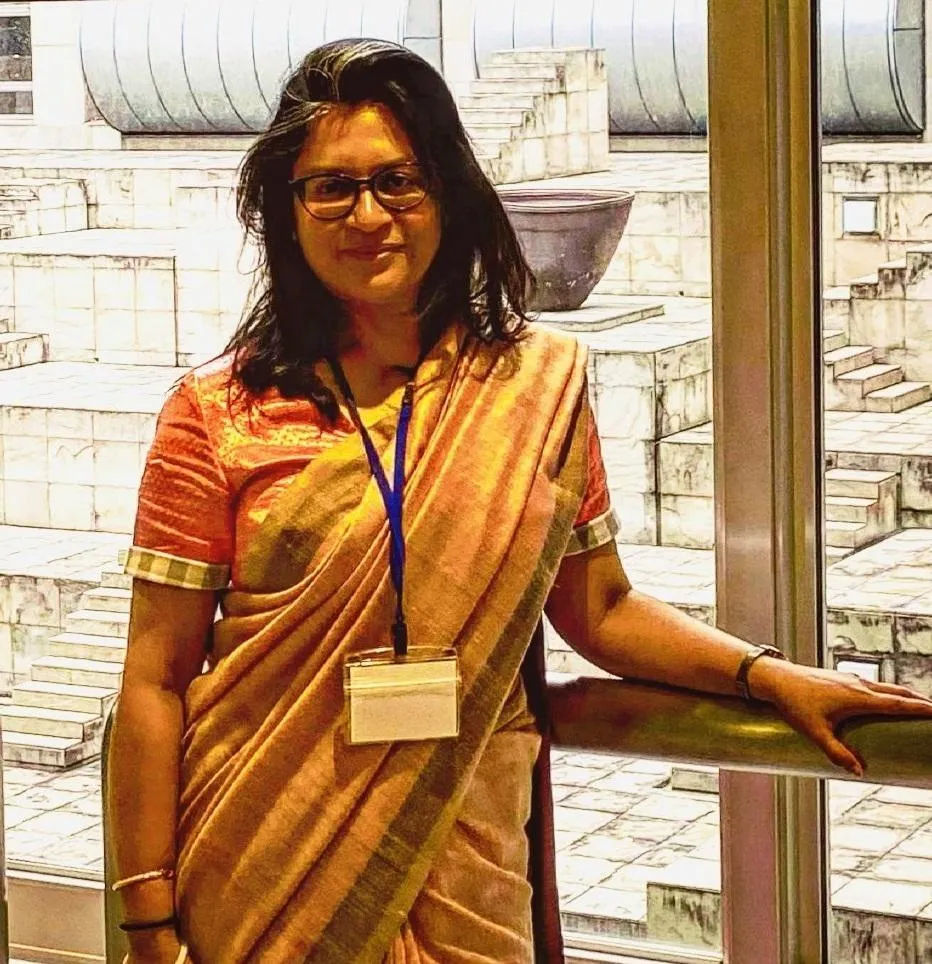
Professor Ananya Jahanara Kabir, Professor of English Literature
Ananya Jahanara Kabir is Professor of English Literature at King’s College London. She was educated at the Universities of Calcutta, Oxford, and Cambridge, and taught at the University of Leeds before joining the English Department at King's.
She has been awarded India’s Infosys Prize in the Humanities and Germany’s Humboldt Research Prize, an AHRC Knowledge Transfer Fellowship, an ERC Advanced Grant, and the British Academy Senior Research Fellowship (twice).
Professor Kabir’s research spans creolisation across the Atlantic and Indian Ocean worlds, critical philology, and the relationship of literary and embodied cultural expressions, including dance. She works with German, Dutch, Spanish, Portuguese, French, Hindi, Bengali and various Creoles. In 2024, she will take up a Pilot Faculty Fellowship at the Global Cultures Institute at KCL.
Professor Kabir said: "English literature is my first love and communicating the relevance of the humanities is my passion. I’m thrilled that the British Academy has recognised my commitment to rigorous, curiosity-driven research and inclusiveness in our discipline."
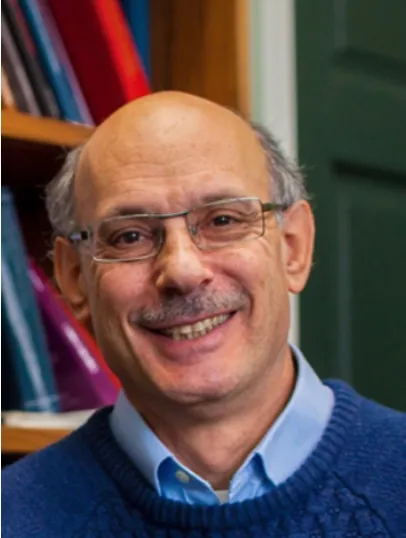
Professor David Nelken, Professor of Comparative and Transnational Law
David Nelken joined The Dickson Poon Law School at Kings in 2013 as Professor of Comparative and Transnational law and Vice Dean for Research. Previously he taught at Edinburgh, UCL, and Macerata University in Italy, as well as serving as Visiting Professor of Criminology at Oxford and Distinguished Research Professor in Cardiff Law school.
David’s interdisciplinary research in socio-legal studies, criminology and comparative law have been recognised by awards from the American Sociological Association, The Law and Society Association, the American Society of Criminology, and the International Sociological Association. He is especially known for his comparative analyses of criminal justice and interrogation of the idea of legal culture.
Recent projects include research into the legitimacy of global social indicators and the difference between comparison and commensuration, and talks he has given this year include presentations on ‘The living law of Wikipedia’ (Singapore and Sydney), the use of AI in disaster relief (UNSW), and plenary speeches at conferences on comparative criminal justice (Leuven, Belgium) and on Nordic legal culture (Bergen in Norway).
Professor Nelken said: "I am very pleased to be joining the British Academy at a time when its role increasingly involves defending reasonable trust in expertise. Much of my work explores the social and cultural factors that shape the definition of legal problems and solutions and the relationship between legal and scientific truth."



